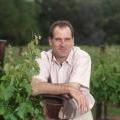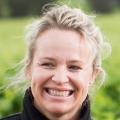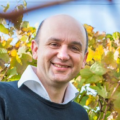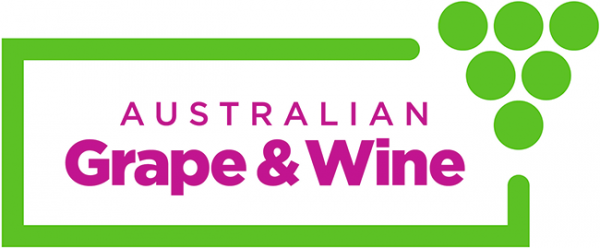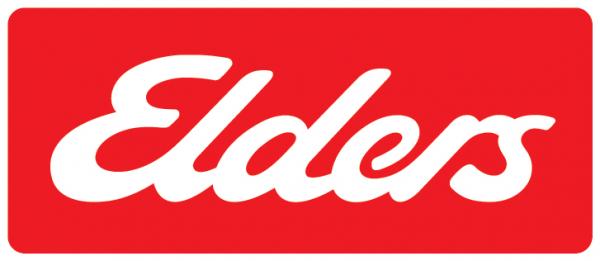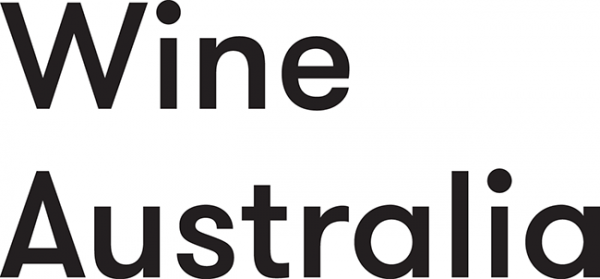The ASVO strives to promote the advancement of professional knowledge, professional skills and professional attitudes, in the fields of viticulture and oenology, in members of the Society. As an industry, we are fortunate to have many very skilled and professional people who are contributing significantly to the industry, inspiring those around them to seek out and adopt innovative practices. The ASVO Awards for Excellence recognises the achievements of some of the most dedicated and professional individuals in the wine industry.
ASVO Winemaker of the Year Award
This award honours an outstanding winemaker who demonstrates a broad positive contribution to the Australian wine industry and / or community, improvement from standard practice in their field through adoption of innovative practices, technologies or standards, and contributes positively to the culture of their organisation and the broader wine industry in either a regional, state or national capacity. The nominees’ activities for which they are being recognised must have occurred within Australia over the previous five years.
Selection advisory committee
ASVO Award recipients are nominated by ASVO members, with the finalists decided by an ASVO Board appointed advisory committee, comprised of individuals who themselves are distinguished in the fields of viticulture and oenology who demonstrate exceptional leadership ability and vision. The ASVO committee is identified from members of the ASVO and is formed with due regard to the balance of gender, geographical location, and expertise.
Presentation of the Award
Winners of the ASVO Viticulturist and ASVO Winemaker of the year, along with the ASVO Best Viticultural Paper of the Year, Best Oenology Paper of the Year, and the Dr Peter May Award for the most cited AJGWR paper published in the previous five years, are announced at an Awards ceremony and dinner in November each year.
Award winners
| 2024 | Virginia Willcock |
| 2023 | Mark O'Callaghan |
| 2022 | Sarah Crowe |
| 2021 | Alex Cassegrain |
| 2020 | Peter Leske |
| 2019 | Corrina Wright |
| 2018 | Pete Bissell |
| 2017 | Mike Hayes |
| 2016 | Sue Hodder & Sarah Pidgeon |
| 2015 | Ed Carr |
| 2014 | Sue Bell |
| 2013 | Louisa Rose |
| 2012 | Wendy Cameron |
2024
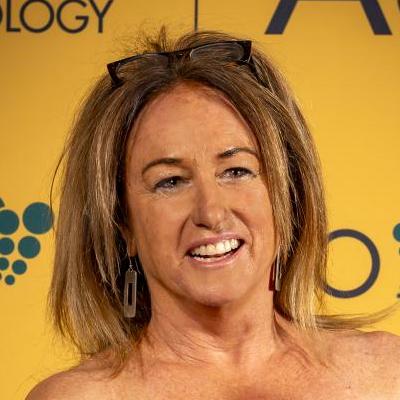 | Virginia Willcock |
2023
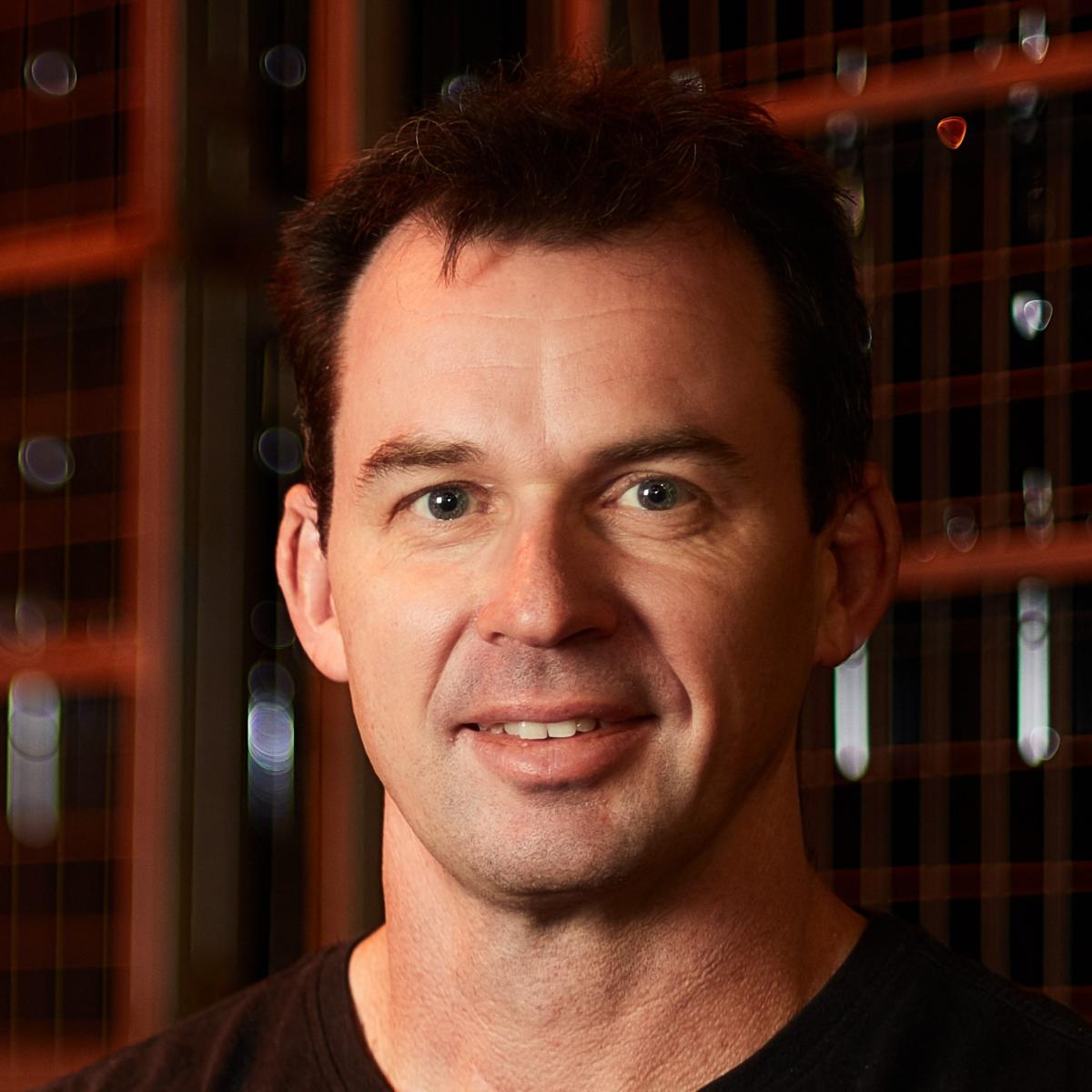 | Mark O’Callaghan Mark O’Callaghan is the Winemaker/General Manager at Yarra Yering, in the Yarra Valley based in Healesville, Victoria, was the unanimous choice by judges for Winemaker of the Year. Beyond his work at Wine Network Consulting, Mark is an exceptional communicator and educator. He has actively shared his extensive knowledge with industry members by writing articles for the Wine and Viticulture Journal and presenting at seminars and webinars at AWITC and for the AWRI and ASVO. |
2022 Finalists:
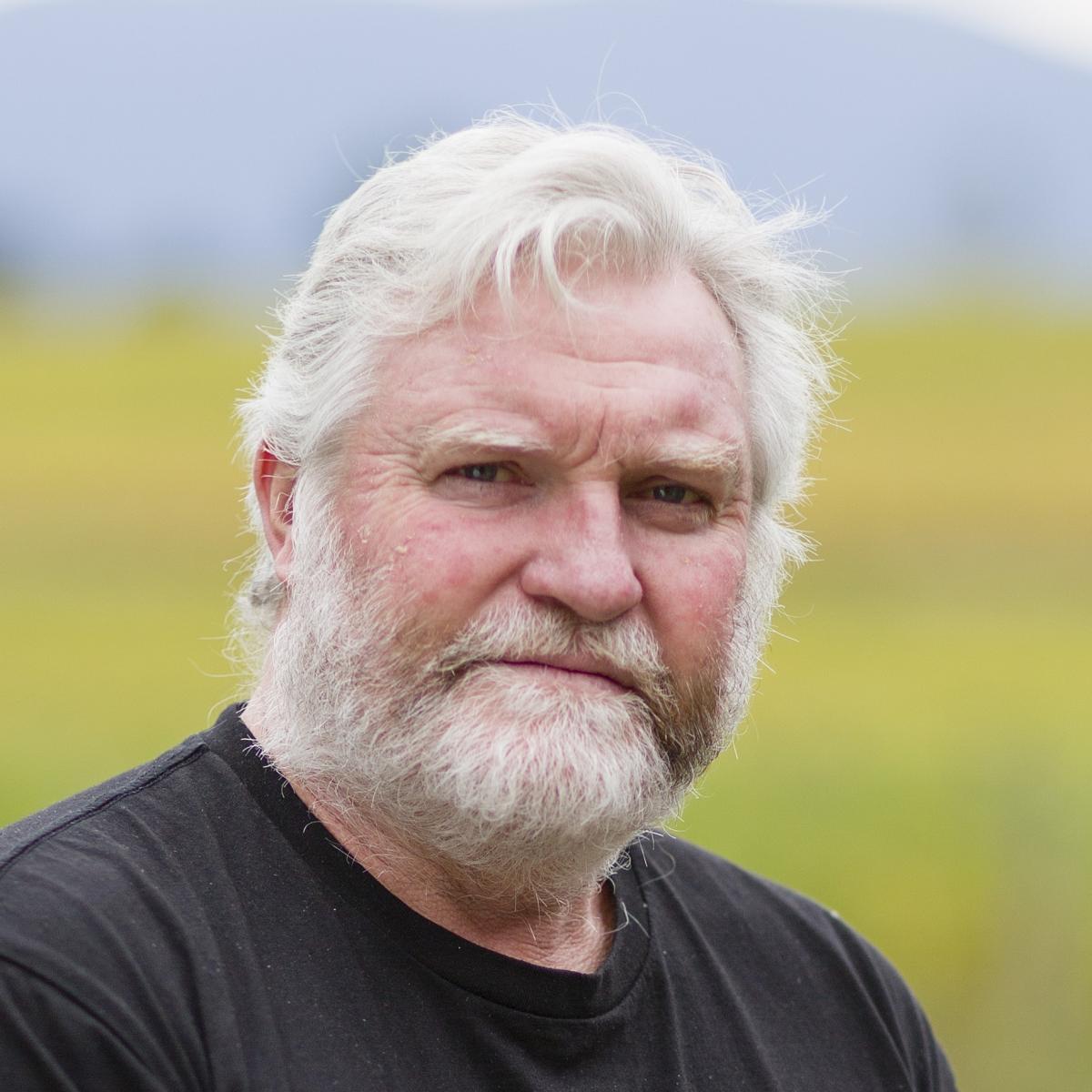 | David Bicknell Dave is the chief winemaker at Oakridge Wines in the Yarra Valley. Dave’s long term commitment to Oakridge through multiple ownerships & mentorship to aspiring wine professionals . Dave has contributed to the evolution of Australian cool climate Chardonnay and shown leadership within the Australian wine show circui |
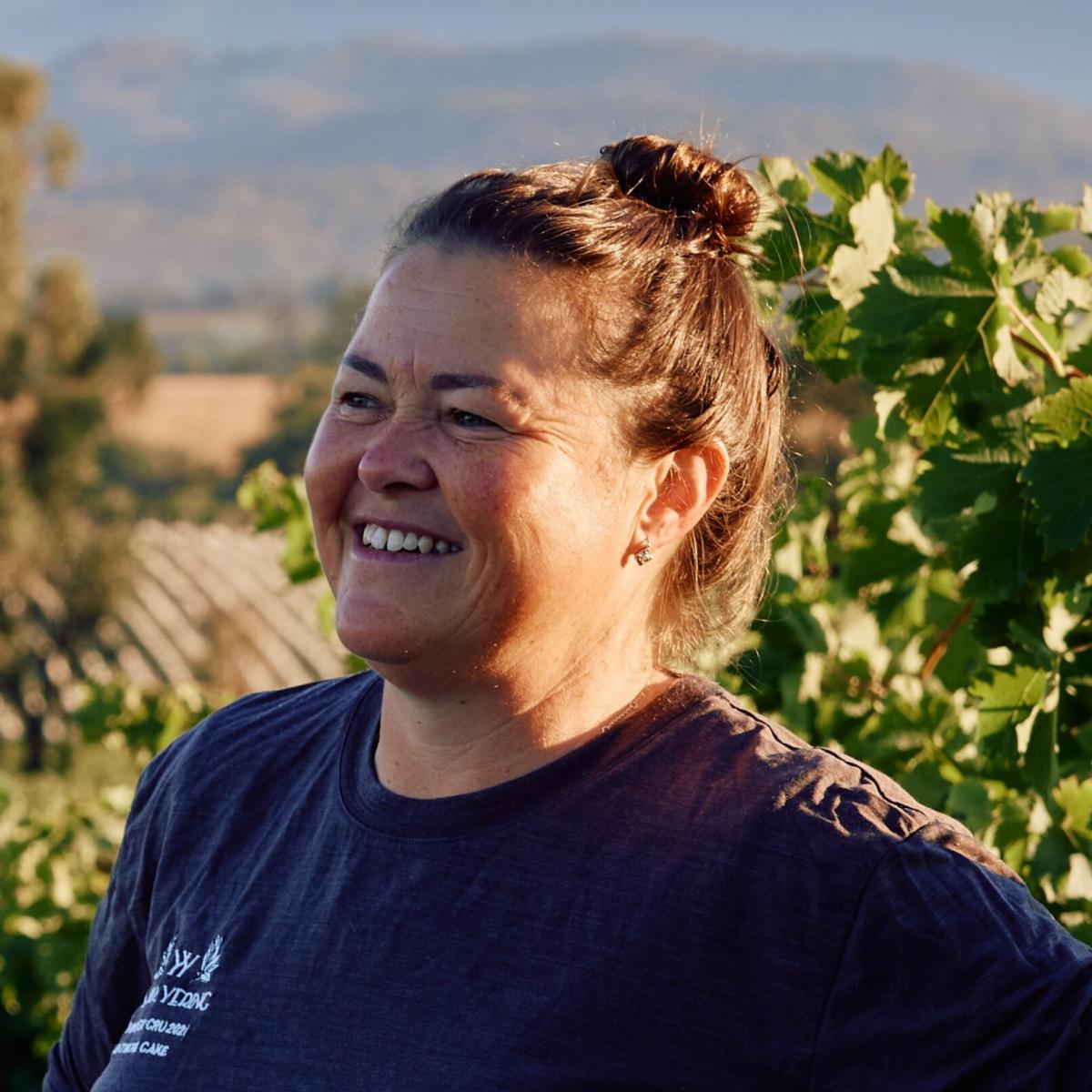 | Sarah Crowe Sarah is the winemaker/general manager at Yarra Yering, also in the Yarra Valley. Sarah’s inclusive style of leadership has enthused her team to craft award winning great wines. Sarah’s contribution to industry in the wine show circuit and the next generation of wine show judges via the Len Evans tutorial shows how humble leadership can see significant change for good |
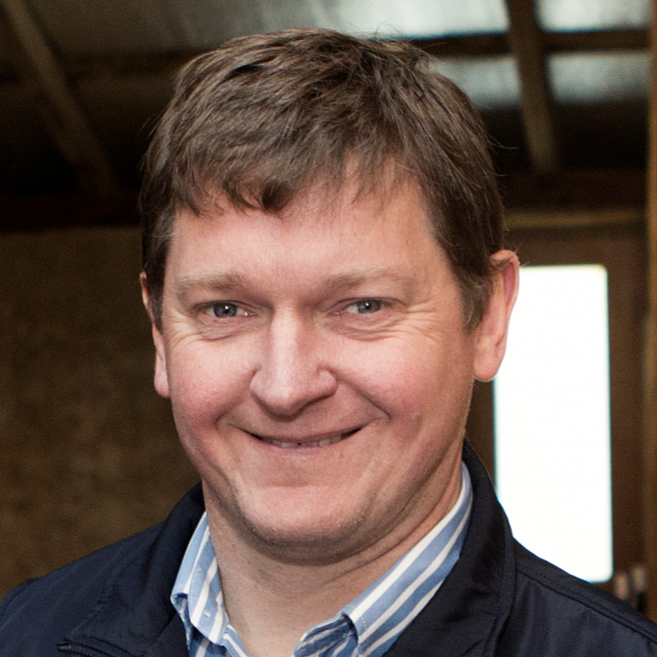 | John Hughes John is the Winemaker / Owner of RieslingFreak in the Barossa & Clare Valleys. . |
2021 Finalists:
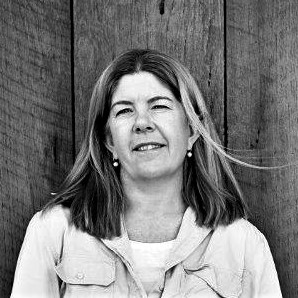 | Sam Connew, Stargazer Wine
“Starting my Tasmanian label, Stargazer in 2012, has enabled me to set the style boundaries of my wines with no winemaking history or tradition to adhere to and in a dynamic, exciting, relatively ‘young’ wine region. Importantly, this is in a winemaking, viticultural and company environment where I am only answerable to myself for my successes and failures,” said Sam
|
Alex Cassegrain, Cassegrain Wines
| |
 | John Hughes, Rieslingfreak John is a passionate Riesling advocate and winemaker. John has strived to showcase the versatility of the Riesling variety and bring it to the forefront of the Australian wine consciousness, by embracing a variety of old-world techniques and modern winemaking practices. John initiated a regional initiative known as “Riesling - Eden Valley” to foster a unified, regional approach to Riesling promotion and encourage sharing of ideas and technical skills among producers.
|
2020 Finalists:
 | Peter Leske Leske is the Senior Winemaker and co-proprietor of Revenir Winemaking in the Adelaide Hills where he makes wines from an extraordinarily wide range of grape varieties (Arneis to Viognier and everything in between; the list runs to 55), from several different regions, using many diverse techniques. Peter has demonstrated excellence in winemaking. He undertakes a diverse range of modern, innovative and traditional winemaking techniques, balancing creativity with technical precision and customer and consumer expectations. He has sought to think outside the box finding innovative ways to deal with challenging vintages. Peter is an active contributor within the industry, generous with his time and knowledge, his recent work supporting effective response to the impacts from smoke on vineyards and the support for knowledge development relating to bushfires will provide significant benefits to support the sustainability of the sector into the future.
|
 | Frank van de Loo Frank van de Loo is the Winemaker and General Manager/Part Owner of Mount Majura Vineyard in the Canberra District, where he has overseen development for more than twenty years. Coming from a background in Plant Science research, his winemaking starts with variety selection and viticulture, and is focussed on making wine that best expresses the character of the vineyard. This has involved many trials ranging from alternative varieties and ecological vineyard approaches to fermentation techniques and unusual wine styles. He is keenly aware of the limits of a small winemaker operating alone and has tried to maximise sharing of information in the local industry and being involved in research and extension more broadly. Frank’s innovative approach to his work does not just stop at winemaking. He has also been actively involved in seeking alternative varieties suited to a changing climate and other sustainability initiatives. He has been actively involved in sharing information with the broader wine community and in supporting industry organisations including ASVO.
|
 | Samantha Connew A highly experienced and respected winemaker and consultant, Samantha Connew launched her Tasmanian solo project Stargazer in 2013. Prior to establishing this and her consulting company, Compass Wine Consulting she was working in applied research, development and extension for the Australian Wine Research Institute as Manager of the Hunter Valley Node. Samantha was the Winemaker/Manager of boutique Hunter Valley winery, Tower Estate, after working in McLaren Vale for ten years as the Senior Winemaker at Wirra Wirra Vineyards. Amongst her many achievements, in 2007 she was awarded 'International Red Winemaker of the Year' at the prestigious international Wine Challenge in London, and in 2008 she was a South Australian finalist in the Telstra Business Women’s Awards. Samantha has served on the Boards of several regional associations and was a board member of the Australian Society of Viticulture & Oenology and a founding member for the Australian Women in Wine Awards. She is currently a Director on the Wine Tasmania Board. Samantha is a highly respected wine show judge and has chaired many regional and capital city wine shows, having completed both the AWRI Advanced Wine Assessment Course and the Len Evans Tutorial where she continues her involvements as a tutor. In 2014 she was appointed Chair of Judges at the Sydney Royal Wine show, the first female and the youngest judge in that position. In 2016 she acquired a small vineyard and olive grove in Coal River Valley, North East of Hobart, under her stewardship, this vineyard was awarded ‘Tasmanian Vineyard of the Year’ in May 2019.
|
2019 Finalists:
Peter Leske is the Senior Winemaker and co-proprietor of Revenir Winemaking in the Adelaide Hills where he makes wines from an extraordinarily wide range of grape varieties (Arneis to Viognier and everything in between; the list runs to 55), from several different regions, using many diverse techniques. He has co-designed and implemented a ‘waste’ heat capturing system which passively heats insulated barrel storage and he expects to share this knowledge with other wineries. Peter engages with and contributes to the broader wine industry in numerous ways including by presenting guest lectures to undergraduate students, as a member of several sensory evaluation panels supporting research projects and education, as a former wine show committee chair and, more recently, through collaboration with the AWRI and local winemakers to assist the adoption of standard protocols for making and assessing trial wines for smoke taint. Peter said,“I have always appreciated and enjoyed the collaborative nature of our industry, the opportunities it gives to share and learn from others, and to give back when the chance arises.” | |
| Wright has dedicated herself to the development of innovative varieties and innovative wine styles. She led the planting of the first Mencia in Australia, on the back of being an early adopter of alternative varieties, with a particular focus on planting those that are heat and drought tolerant, with high natural acidity and with a different flavour profile to traditional varieties. With a clear commitment to the future of the industry, Corrina has further extended her involvement in the wine industry by being a key instigator in the Winemakers Federation of Australia (now Australian Grape and Wine) undertaking a gender and cultural diversity study for the industry and combined with her Board membership of the Australian Women in Wine Awards (AWIWA), is an important part of the leadership on cultural change for the whole wine community. Corrina said,“It is very humbling to be nominated by my peers and to be in such luminary company as my co-nominees and the previous recipients of this prestigious award.” |
| Con Simos, Simos is the Group Manager for the Industry Development and Support team at the Australian Wine Research Institute (AWRI). Con conceived and delivered the wine show software ‘ShowRunner’ – a unique and broadly adopted cloud-based program which organises complex wine tastings and makes wine show administration more efficient, allowing more time for judges’ discussion and assessment. Another of Con’s innovative approaches has been to enable winemakers to experiment with different winemaking techniques with confidence. His approach to this has been to make a series of wines from the same batch of grapes, changing one variable at a time and providing workshop participants with a sensory experience to demonstrate the variables. |
2018 Finalists:
| Bryan Currie has a clear vision to make wines that speak clearly of the place they are grown and their variety, and to express their unique distinct personality and authentic story. Throughout his career Bryan has strongly promoted the adoption of grape varieties that are suited to their regional climate and that require less winemaking intervention and therefore express more clearly express their region and personality. He led the first planting of southern Italian varieties in the Riverina, NSW, such as Nero d’Avola, Aglianico and Montepulciano, wines which have now enjoyed critical acclaim both nationally and internationally. | |
| Pete Bissell has been a champion of the wine industry and of Coonawarra for many years. He has been a keen innovator both in the winery and the vineyard. Examples include early trial and adoption of new closure types, alternative yeasts and considerable investigation of long maceration ferments and tannin extraction. More recently trial work has focussed on measuring total anti-oxidants in red wines as a potential way of measuring longevity in wine. | |
| Corrina Wright Corrina has dedicated herself to the development of innovative varieties and innovative wine styles. She led the planting of the first Mencia in Australia, on the back of being an early adopter of Fiano (including a sparkling version of this variety), Vermentino and Sagrantino, with a particular focus on planting varieties that are heat and drought tolerant, with high natural acidity and with a different flavour profile to their more traditional Shiraz and Grenache plantings.Corrina has been involved in many aspects of the broader wine industry having been a Board member of the ASVO, South Australian Wine Industry Council and McLaren Vale Grape Wine and Tourism Association. Corrina has recently been appointed a McLaren Vale Ambassador, a role which provides leadership and information dissemination for the region.With a clear commitment to the future of the industry, Corrina has further extended her involvement in the wine industry by being a key instigator in the Winemakers Federation of Australia (WFA) undertaking a gender and cultural diversity study for the industry and combined with her Board membership of the Australian Women in Wine Awards (AWIWA), is an important part of the leadership on cultural change for the whole wine community. |
2017 Finalists:
Mike Hayes | |
| Jeremy Dineen Chief Winemaker, Josef Chromy Wines, TasmaniaJeremy constantly seeks to improve his practices by keeping abreast of industry best practice including heat recovery and load scheduling for refrigeration, juice flotation to reduce lees losses and increase throughput, solar power generation and composting of all green waste. These innovative practices have led to reduced cellar operation, decreased losses and significant gains regarding capacity for wastewater treatment and solar energy generation. Jeremy has instigated and participated in numerous research projects in collaboration with Tasmanian Institute of Agriculture, Wine Tasmania, University of Tasmania, the Australian Wine Research Institute and others with an aim to benefit the entire industry. Jeremy has been a key player in staging ‘Effervescence Tasmania’ an event to celebrate world class sparkling wines from Tasmania including sparkling wine master classes.Jeremy was a participant in the wine industry’s Future Leaders’ program, he is an accomplished wine show judge and graduate of the Len Evan’s Tutorial. He is a director of Wine Tasmania and past Chair of its Technical Committee. | |
Fiona Donald | |
| Julian Allport Winemaker, Moore’s Hill, TasmaniaJulian recently brought to fruition the design and build Tasmania’s first 100 tonne, 100% off-grid commercial winery. The winery runs entirely on solar power using a 30kW array and 100kWh of battery storage. Water collected from the roof is used in the winery and a closed loop system treats waste water. By independently generating power, Julian has overcome the threat of rising electricity prices and uncertain supply. “Our sustainable approach has been applauded by customers and encouraged other Tasmanian wineries to investigate off grid solar power options.” Julian’s winemaking philosophy is to marry traditional and modern techniques taking a quality approach to every operation.Julian is an active Tasmanian wine industry participant, serving on the Wine Tasmania Board 2013-2015 and on its technical committee in 2015. He is a great believer in sharing information and insights and offers to share his knowledge with those who seek it |
2016 Finalists:
Sue Hodder & Sarah Pidgeon Sue Hodder (commenced in 1993) and Sarah Pidgeon (1999) have been immersed at Wynns Coonawarra Estate for 17 years in a successful collaboration that has included
| |
| Jeremy Dineen Whilst we constantly seek to improve our practices, none of the technologies we have adopted over the past few years are revolutionary. We try to keep abreast of industry best practice such as heat recovery and load scheduling for refrigeration, juice flotation to reduce lees losses and increase throughput, solar power generation and composting of all our green waste. All of our waste water is treated and integrated into irrigation or compost. We probably have the lowest carbon footprint per bottle of any winery that packages in Tasmania and until OI discontinued production we were, to my knowledge, the only winery in the state to package exclusively into lightweight glass. We take part in many research projects in collaboration with Tasmanian Institute of Agriculture, Wine Tasmania, University of Tasmania, AWRI and others that hopefully benefit the entire region and industry. Recent examples include sparkling wine viticulture and yield research with TIA, oxygen management with AWRI, and novel maceration techniques with TIA and AGWA. | |
| Fiona DonaldFiona joined Seppeltsfield in October 2009 as Senior Winemaker. Business Owner and Managing Director Warren Randall had a vision to resurrect the mothballed Gravity Winery at Seppeltsfield with the objective of getting the asset to work for the business! I am part of the team that has applied modern attributes, such as modern crusher, stainless steel lining of open fermenters and brine chillers, to a wonderful old building with great bones and thoughtful design I oversee the vintages in this winery. With 120 x 8T open fermenters, it is an amazing premium small batch winemaking facility. I ensure that there are systems and clear communication in place to achieve high grade wines (as graded by our customers) in an organised, hygienic and safe environment We processed 1600 T through the winery in 2010; since 2011 we process 4000 T per vintage through the Gravity Winery…. so from zero to 4000 in 2 years!! The value of the asset has increased and the value of the wines produced is verified by the grading of the wines by our customers The greatest challenge with regards to culture is asking people to work to modern standards in an old winery and to achieve a lot from a little! I have a very collaborative approach, sourcing opinions and ideas from all the staff | |
| Virginia Willcock After a few years in developing a more funky desirable style of Chardonnay I realised we had to try some new techniques in making more sexy and desirable Cabernet Sauvignon. I was looking to develop our Cabernet to have more complex savoury characteristics and a more relaxed texture while maintaining the varietal uniqueness in the aroma and shape of Cabernet. Our existing philosophy of less is more and natural fermentation in Chardonnay allowing individual vineyard sections to express themselves in a more unique way was inspirational. The only reason we hadn't tried out reds was that we had fears of high alcohol not allowing the ferment to finish. We had become firm believers in the micro flora of the vineyard contributing to the uniqueness of individual sections of vineyard and then hoping for it to translate to the uniqueness of the wine. In 2012 we had gained enough confidence to ferment all of our premium parcels of red fruit to wild fermentation. With all skins included in the fermentation it appeared the natural ferments in reds finished easily and we have had no issues. | |
2015 Finalists:
| Ed Carr | |
| Sarah Pidgeon | |
| Bruce Dukes | |
| Adam Carnaby | |
2014 Finalists:
| Sue Bell | |
| Julian Alcorso | |
| Richard Gawel | |
2013 Finalists:
| Louisa Rose | |
| Andrew Wigan | |
